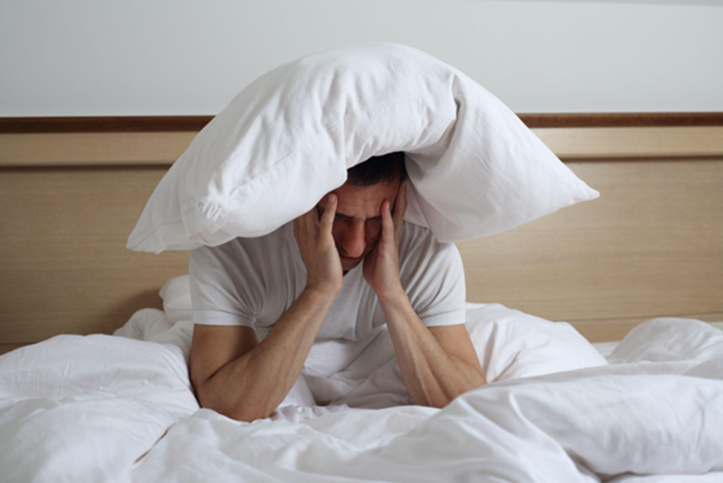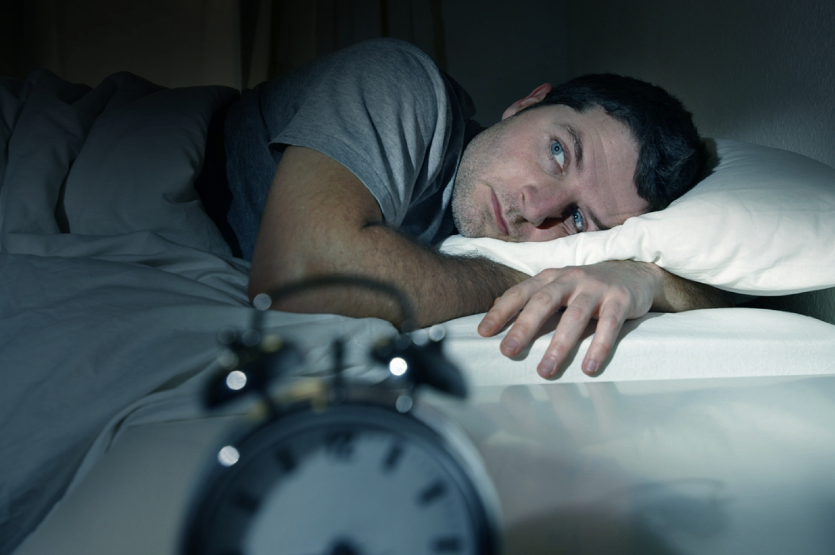If you’re among the 22 million individuals across the US who suffer from sleep apnea or have concerns that you might be suffering from signs, it’s essential to know what this diagnosis may mean for you.
1) Understand How Sleep Apnea Affects The Body
While sleep science is a new field of study ongoing research and advancements have allowed medical professionals to understand how sleep apnea affects the upper airways, which affects the breathing patterns of the body and ability to go into the restorative phases of sleep. Research has shown the effects that sleep deprivation as well as lower oxygen levels may affect the body’s day-today activities. This is far beyond those of the respiratory system which includes digestive health, reproductive health, and cardiovascular systems all being affected due to the issue.
Which body systems are affected with sleep apnea?
Knowing the effect sleep apnea’s effects on general health can assist patients spot any medical problems in the early stages and seek out advice for treating new ailments as well as reviewing the protocols for managing apnea.

Respiratory system
If breathing becomes disturbed at night, your body’s oxygen levels are reduced which reduces the levels of blood flow. Patients might feel exhausted and having difficulties performing physical activities.
Medical issues
If you are diagnosed with respiratory conditions like asthma or chronic obstructive lung disease (COPD) symptoms can get worse with sleep apnea. The high level of blood sugar is a frequent reason for Type 2 Diabetes, and it is a clear indication of the relationship between sleep apnea and the diagnosis of diabetes. Apnea sufferers are more prone to developing problems with the liver that can lead to scarring as well as fatty liver diseases and elevated levels in liver enzymes. Apnea patients are more likely suffer an irregular heart rhythm, which can increase the risk of having experiencing a stroke. The risk of failing the heart is also higher among people suffering from sleep apnea. In men, sleep apnea could cause reticle dysfunction, and limit their capacity to have children.
The system of the endocrine
Sleep apnea could increase the risk to develop insulin resistance an illness in which cells in the body do not respond to insulin hormone which causes blood sugar levels to increase.
Digestive system
Sleep issues can have a significant impact on digestion, and apnea can worsen symptoms of stomach acid and gastroesophageal reflux disorder (GERD).

Cardiovascular and circulatory systems
Medical research has found an association to sleep apnea, high blood pressure along with obesity which can also impact the cardiovascular and circulatory systems.
Reproductive system
Sleep apnea may reduce your libido because of fatigue, and other signs.
2) Your Doctor Should Confirm Which Type Of Apnea You Have
There are three different kinds of sleep apnea. Each of which may affect the airways in various ways. With the estimated range of 10-30 percent of people in the US only being diagnosed with the condition it is essential for sufferers to be aware of the various kinds of sleep apnea they will need to be able to effectively manage their symptoms and to explore possible treatments.
Obstructive Sleep Apnea (OSA) diagnosis is the most commonly encountered
Sometimes referred to in the form of OSA, Obstructive Sleep Apnea is the most frequently diagnosed in the majority cases. The apnea type is a result from a recurring relaxation of the throat muscles, which could restrict airflow while sleeping. Obstructive sleep apnea is a condition that can trigger various signs and health issues due to the body’s struggle to draw enough oxygen into the lungs throughout the night. It can also cause breathing problems, gasping in the morning (as the brain signalizes you to get up to breathe) or daytime drowsiness headaches, and other symptoms that are problematic.

Central Sleep Apnea Happens When the Brain Is Involved
Unfortunately, Central Sleep Apnea is one of the most difficult forms of sleep apnea to identify and may be difficult to manage. This less prevalent type of the disorder is caused by the brain’s inability to communicate messages to muscles that regulate breathing. In both cases, OSA or Central Sleep Apnea share similar symptoms, including breath pauses as well as nighttime sleep disturbances and fatigue during the day.
Complex Sleep Apnea Syndrome
Recent advancements and research into sleep medicine has allowed doctors to identify an entirely new type of apnea that is seen in patients. Complex Sleep Apnea is a combination of both though many are thought to have just OSA. But, once treatment is initiated the majority of cases are not resolved by the standard treatments for obstruction and may require further investigation in cases where breathing problems persist. In Complex Sleep Apnea patients, there could be a variety of reasons for the airway to become collapsed and both fall under the OSA as well as a Central Sleep Apnea diagnosis.
3) There Are Many Reasons You Have Sleep Apnea
Being diagnosed with sleep apnea can be a daunting experience, and you may be left wondering what caused the condition. There are numerous danger factors that can result in apnea. Some of which people are born with and some due to medical conditions and lifestyle factors. The general rule is that overweight accounts for around 40% of all diagnoses. This is because fat deposits can affect the muscles that surround the upper airway, which causes breathing to be restricted. Men are more likely to suffer from the disease than women, but the risk increases following menopausal changes.
Risks that could result in an apnea diagnosis
- People who have abnormalities in their respiratory system, for example necks that are thicker, narrower or an overly large tonsils or Adenoids.
- A family background of sleep Apnea
- Smoking
- Consumption of alcohol or sedatives
- Age
- Gender
4) It’s Important To Be Aware Of Your Apnea Symptoms
One of the biggest hurdles when diagnosing apnea is that the most obvious signs of the signs of the disorder occur while they sleep including snoring unsteady breathing, or a need for air. Medical professionals believe that there are a lot of people who have not been diagnosed and are unaware of their condition. Therefore should you suspect you’re experiencing symptoms of this condition it is crucial to recognize the symptoms and to seek out help by a doctor.
Signs of sleep apnea
There are additional warning signs to look out for when you suspect that you may have sleep apnea or are waiting to be tested further by sleep studies.
- Awakening to a mouth that is dry and throat
- Headaches, fatigue and excessive fatigue
- Mood swings and irritability
- Problems with concentration
- Loud snoring
- At night, you may wake up with a gasps or choking
- Insomnia
- Dizziness
- Nightmares

